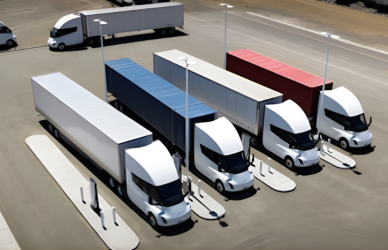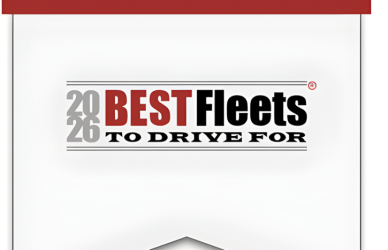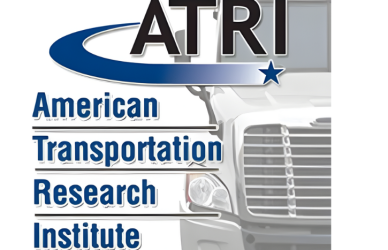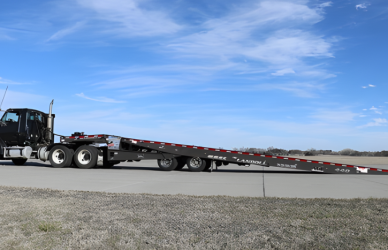Credit card fraud is a headache we’ve all experienced, but imagine it happening on a large scale, every day. In the trucking industry, this is the reality for fleets making diesel fuel purchases at truck stops nationwide. With each fill-up costing an average of $450, the problem is reaching epic proportions.
Not only are truck drivers affected, but the repercussions ripple through the entire ecosystem. Banks and merchants are left to deal with the fallout, leading to negative outcomes and financial losses.
Luckily, there’s a solution: contactless, digital payments for diesel. This technology has the potential to help the trucking industry put an end to the problem of card skimming, protecting fleets and streamlining the payment process.
The Issue
Card skimming is a deceptive practice that involves using illegal devices to steal credit or debit card information from unsuspecting individuals. These devices, known as skimmers, are cleverly installed on ATM machines or fuel pumps, capturing sensitive data when drivers swipe their cards. Truck stops are especially vulnerable to card skimming due to the frequent use of card swiping by truck drivers.
In the trucking industry, fuel cards are a primary form of payment, making them a prime target for card skimmers. These fraudsters collect the stolen information to create fraudulent fuel cards. They then exploit these cards to “purchase” fuel at the expense of the driver or carrier, reselling it for personal profit. Although carriers and fuel-card issuers attempt to mitigate the risk by imposing daily spend caps, scammers find clever ways to bypass these limitations.
Card skimming poses a significant threat to the trucking industry, impacting both large chains and smaller independent truck stops. While the exact financial toll of fuel skimming remains uncertain, experts estimate that it costs the industry millions of dollars each month, and the problem is growing. Credit services company FICO reported a 368% increase in compromised cards due to skimming activity across all industries in 2022.
Effects of Card Skimming Fraud
When a card is compromised through skimming, the consequences can be costly and inconvenient. Scammers will use the stolen card details to make fraudulent purchases, often racking up thousands of dollars in charges before anyone notices. In response, the fleet may freeze the stolen card, leaving the driver without a fuel card for their travels.
This situation creates a burden for both the driver and the back office. While the back-office handles reimbursement claims and verification processes, the driver is left to find alternative payment methods. Whether it’s using cash, a personal credit card, or another form of payment, the driver ends up paying out of pocket and must keep track of receipts for reimbursement. Unfortunately, this process can take a considerable amount of time.
Not only does the driver face financial inconveniences, but they also miss out on the discounts they would typically receive when using their fuel card. This further impacts their margins and adds to the frustration of the situation.
Given the prevalence of drivers and scammers, it’s no surprise that this is a frequent issue. For larger fleets, dealing with card skimmers becomes an ongoing headache for the back office, and drivers may be left without a company fuel card for weeks on end.
A Simple Solution
Many companies claim that GPS technology and telematics data can help prevent card skimming by implementing controls to limit card usage and authorized fuel amounts. Clever criminals, however still find ways to manipulate this system and profit from stolen data.
Truck stops are now advocating for a much simpler and effective solution: digital payments for fuel. By eliminating physical cards, the opportunity for data skimming disappears.
This shift to digital payments is not only a huge benefit for truck stops, saving substantial revenue and reducing back-office burdens caused by skimming incidents, but it also benefits carriers and drivers. They experience fewer hassles, save time, and save money in the process.
There are additional advantages to using contactless, digital payments for diesel. More payment providers are integrating merchant loyalty programs, allowing drivers and carriers to enjoy rewards similar to those offered by physical fuel cards. In addition, many digital payment providers offer significant discounts for specific locations, which can greatly benefit owner-operators. Carriers can still implement other protective measures, such as card limits and preauthorized fuel and location restrictions.
As more merchants, fleets, and drivers in the industry transition away from physical fuel cards, there is no doubt that card skimming in the diesel industry will decrease.
Source: Transport Topics











